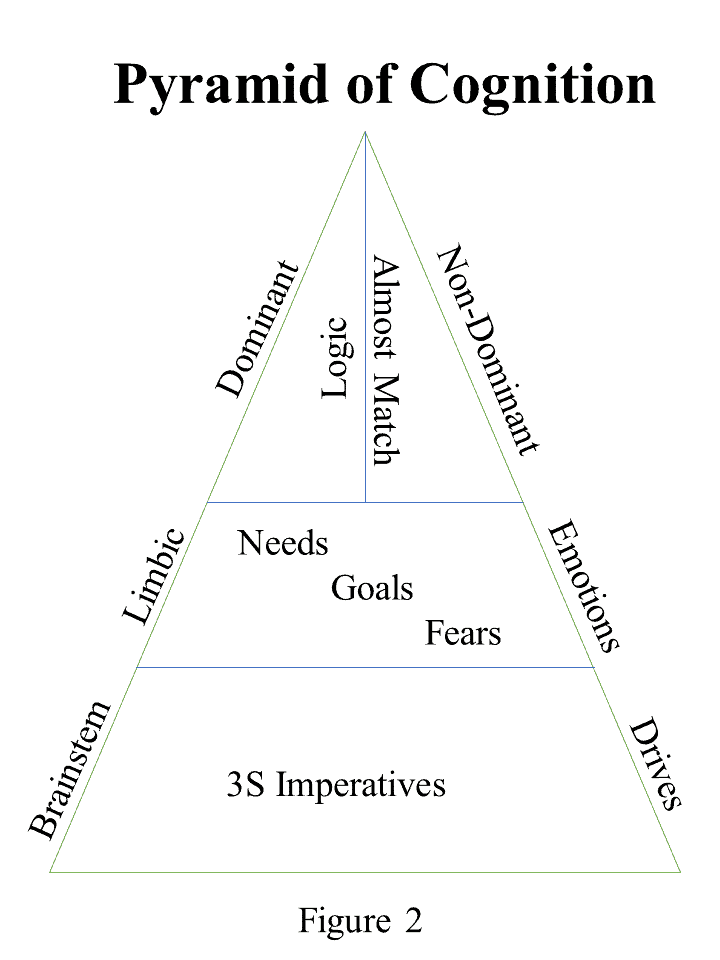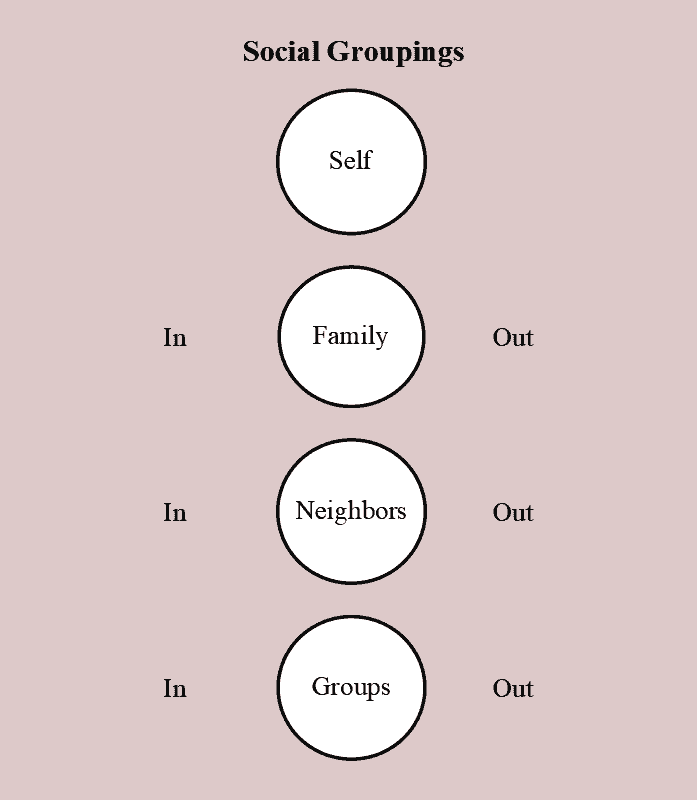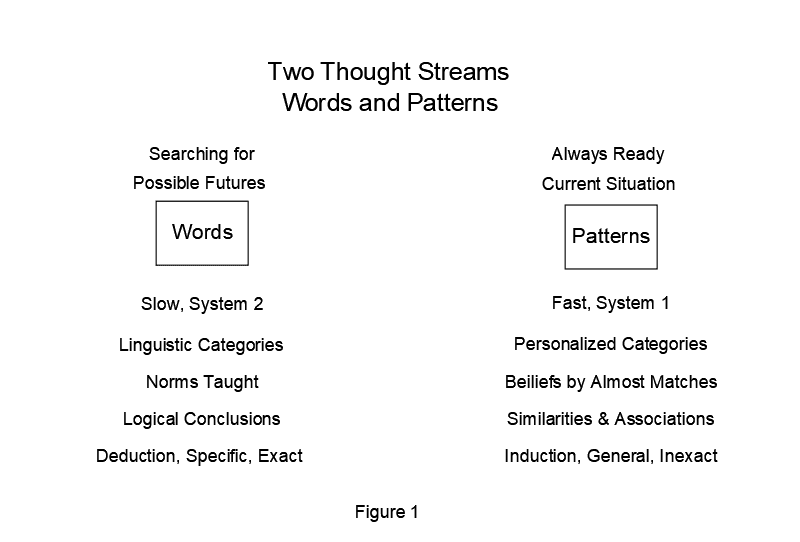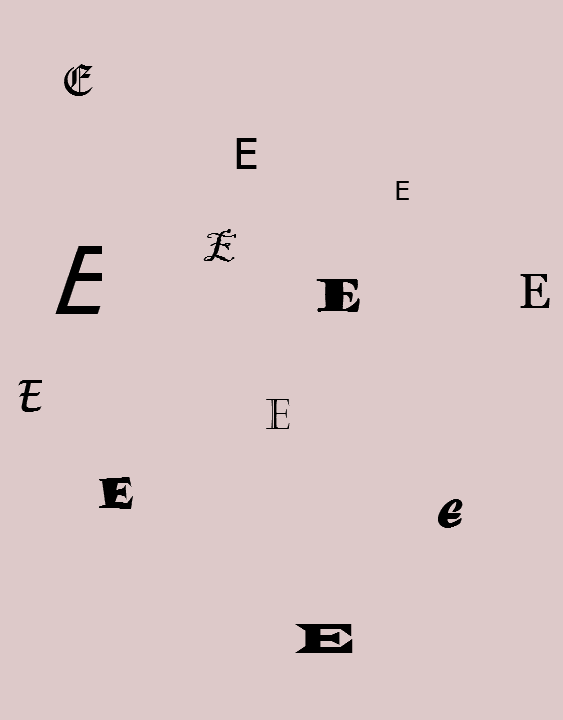Illogical
Updated: Published M-Anation Oct 2023 issue. New image Sep. 1, 2023.
If someone says that you are illogical, clearly you are not winning your point.
Did you know that logic has another opposition? Instead of your reasoning having a flaw in logic, your actual thought train can be analogy-based on pattern similarities between associated ideas. Feature matches, not logic, link these ideas.
Instead of deduction, we often use this second path, typically under the guises of induction or analogy.
When Non-Logic is Required
Now, why would we use another manner when deduction, rigorously used, never fails to return a true conclusion? There are two main reasons that logic may not suffice.
- First, we might not know sufficient facts necessary to draw a logical conclusion. E.g. Is it a fact that teenagers are destined to rebel? Can I use their presumed rebellion to logically understand their actions? Logic requires factual premises.
- Second, drawing from known facts may require a theory or understanding that we lack. Consider the stock market. The theory relating known data to future prices is unknown. Logic is helpless in that case.
Of course, we don’t give up when the ideal conditions for logic do not exist. We try to close the gaps.
In the first case, we use induction to promote uncertain beliefs into facts which can be used in logic. The knowledge that self-driving vehicles have been involved in accidents may harden into a belief that self-driving vehicles are dangerous, which becomes a premise in our future discussions.
In the second case, we might draw an analogy with a prior situation that has known results. Applying the analogy to the present situation, we infer likely consequences. For instance, the pattern of the stock market in past situations becomes a guide to the current market.
Casual thought often glides between deduction and induction without our conscious attention. The two manners of reasoning act hand-in-glove to allow our daily decision making.
Scientists make a virtue of the different strengths of induction and deduction with the scientific method. The hypothesis arises by induction. Thereafter, deduction is in the driver’s seat, until the next hypothesis.
Additional Information
Pattern-Matching, Similarity, and Almost Gate. Because of neural threshold and it’s All-or-None functionality.
Steps from Neurons to Abstraction to Similarity to Associations to Induction
Reference
Scientific Hypothesis definition from Encyclopedia Britannica Online. Retrieved Dec 2022.
Citation
Image of Logical Analysis. Logique2.jpg Charlie Etienne and WikiCommons








